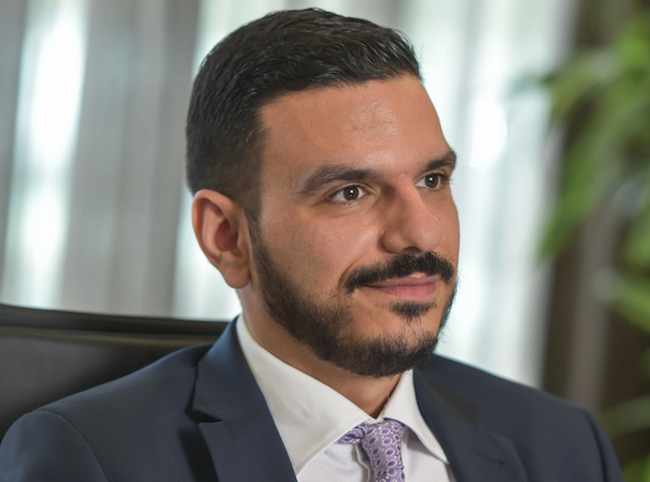Is the pandemic revealing Romania’s potential to become an EU supply chain superhub?

Opinion article by Dimitrios Goranitis, Risk Advisory Partner, Deloitte Romania
This article expresses the author's own opinions and it does not reflect the position of Deloitte Romania
For the last three decades, Romania has enjoyed unprecedented growth. Since 1987, the country has increased its GDP by a staggering amount of $200 billion. Its main trade partners include Germany, Italy and France and its main trade exports are vehicles/vehicle parts and insulated wire, retaining however significant market share in the international food supply chain with grains (wheat, corn) and pig meat. The services industry however is accounting for 55% of GDP and employs two thirds of the labor force. Retail aside, a very high impact in the services sector is delivered by the model of shared services centers established by global corporations harvesting the benefit of highly skilled personnel at a cheaper labor cost within the security of EU and its regulatory framework. What would be the dynamic of the Romanian opportunity in the future?
As the COVID-19 health crisis is being digested by Europe, governments and business are not just trying to predict the financial impact, but to also understand how to structure the new operational framework for both business continuity and national security. The new reality could showcase the significant advantage of Romania in its development as a European hub replacing non-EU outsourcing centers.
The global disruption in supply chains that is not just threatening the markets, but to a certain extent national security, is a reminder that globalization requires global collaboration at the highest degree which is lacking significantly right now, especially in the context of a quasi-cold war between US and China. Most EU countries are debating the repatriation of significant operations from traditional manufacturing/production/service centers in Asia, however the feasibility of repatriation in the West would not be cost efficient.
Romania could play a significant role in the new supply chain strategy of Europe. A friendly pro EU environment, a population of over 19 million, a competitive labor cost structure, a skilled labor force and an experienced model in production outsourcing could become an extremely attractive alternative for major Western European countries that are already Romania’s trading partners.
How could Romania make its case even stronger? A stable tax environment for international companies, a more efficient digital framework for a business to communicate with authorities, an effective legal framework to reduce corruption, a conservative monetary policy to promote EUR/RON stability, a significant investment in developing highway/port/airport infrastructure and a stable political environment that inspires trust would be a tremendous catalyst for the country to seize an once-in-a-lifetime strategic opportunity. A similar concept applies to the modernization of the agricultural economy and the services economy.
Romania could make a compelling case to EU for a new place in the European supply chain and secure funding in order to become Europe’s production hub in the long run, advancing its own economy by positioning itself in the heart of European security. It could… but will it?






